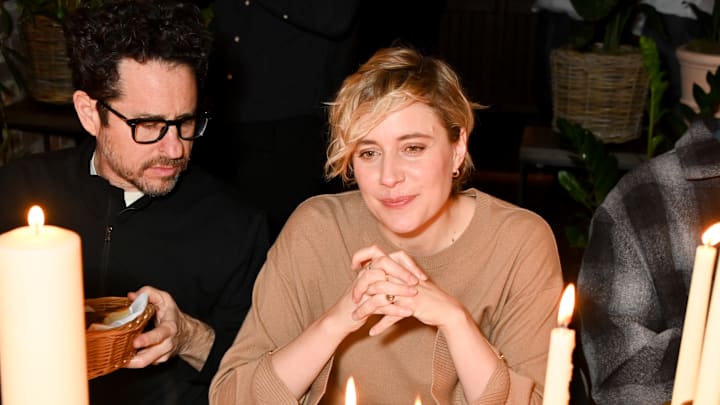Greta Gerwig has significantly reshaped the film industry for women through her groundbreaking work as a writer, director, and actress. At a time when Hollywood remained largely male-dominated, Gerwig emerged as a powerful voice for women both on and off screen. Her impact is seen not only in the films she creates, but also in the doors she has opened for future generations of female filmmakers.
Her directorial debut, Lady Bird (2017), was a turning point. The film, a semi-autobiographical coming-of-age movie, captured what it felt like to go through girlhood. It also does an outstanding job of covering a strained mother-daughter relationship with honesty and humor. Lady Bird became a critical and commercial success for Gerwig shortly after its release, earning five Academy Award nominations, including Best Director and Best Original Screenplay. Gerwig was only the fifth woman in history to be nominated for Best Director, a huge milestone that showcased the gender imbalance in the film industry while also being a beacon of hope.
In 2019, Gerwig stepped into the director role again for her film, Little Women. The adaptation offered a fresh and feminist retelling of the classic novel of the same name. The film touched on things like independence, artistic ambition, and gender roles, which resonated with modern-day audiences. Gerwig's adaptation of the novel was highly regarded as intelligent and emotionally well-done. Little Women went on to earn six Oscar nominations, further showing that films directed by and about women could be both emotional and commercially successful.
Her most recent, and perhaps her most groundbreaking project, is Barbie (2023). Gerwig used Barbie to turn what could have been a shallow product placement film into something bold, satirical, and important. Barbie tackles those questions that women have about identity, feminism, and societal expectations. The movie was a major box office hit, grossing over a billion dollars and making Gerwig the first woman to direct a film that hit that milestone. Barbie not only showed Gerwig's unique and different voice, but also made a strong case for trusting women with film projects of this scale.
Beyond Gerwig's success with films, she has created space for women in the film industry. Her presence in high-profile roles challenges the outdated—and often used—stereotypes of leadership and creativity in film. Gerwig has proven time and time again that stories centered around women, by women, are not niche—they are universal. Through her work, Gerwig continues to inspire up-and-coming female storytellers and filmmakers, advocating for greater representation and pushing Hollywood to evolve. Greta Gerwig's influence is a reminder that when women are given the opportunity to truly take the lead, the entire film industry benefits.
